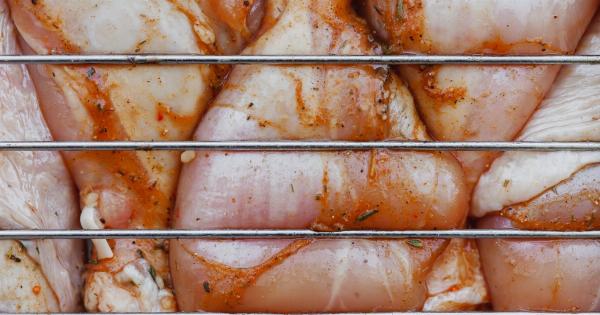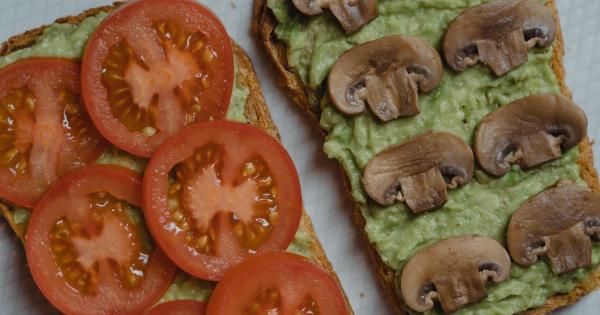As pet owners, we always want the best for our furry friends. Providing them with a well-balanced diet is crucial for their overall health and wellbeing.
While most of us stick to conventional pet food options, have you ever considered incorporating fruits into your pet’s diet?.
Benefits of feeding fruit to your pet
Introducing fruits as a part of your pet’s diet can offer several benefits. Firstly, fruits are a great source of vitamins and minerals that are essential for their growth and development.
Many fruits are packed with antioxidants, which help boost the immune system and reduce the risk of chronic diseases in pets. Additionally, fruits often contain high amounts of fiber, promoting proper digestion and preventing constipation.
Fruit options suitable for pets
While fruits can be a healthy addition to your pet’s diet, it’s important to note that not all fruits are safe for them. Some fruits, such as grapes and raisins, can be toxic to dogs and cats.
Always consult with your veterinarian before introducing any new foods into your pet’s diet to ensure their safety. Here are some pet-friendly fruits that you can consider:.
1. Apples
Apples are a fantastic source of vitamins A and C, as well as dietary fiber. However, always remember to remove the core and seeds as they can pose a choking hazard.
Additionally, apples should be fed in moderation, as their high sugar content can lead to weight gain in pets.
2. Bananas
Many pets love the taste of bananas. This fruit is packed with potassium, vitamin B6, vitamin C, and dietary fiber. Bananas can be offered as a treat or mashed and mixed into your pet’s regular food for an extra nutritional boost.
3. Blueberries
Blueberries are a superfood for both humans and pets. They are rich in antioxidants, low in calories, and packed with essential vitamins and minerals.
These tiny berries make an excellent training treat or can be added to your pet’s food for some added flavor and health benefits.
4. Watermelon
Watermelon is an excellent hydrating snack for pets, especially during hot summer months. It’s low in calories and high in vitamin A and vitamin C.
However, as with any fruit, remember to remove the seeds and rind before feeding it to your furry friend.
5. Oranges
Oranges are a good source of vitamin C and can add a tangy flavor to your pet’s diet. However, be cautious not to overfeed citrus fruits to your pet, as the high acidity levels can upset their stomach.
Also, ensure to only offer the flesh of the orange and avoid any seeds or peels.
6. Pineapple
Pineapple is a tropical fruit that contains bromelain, a natural enzyme that aids in digestion. It’s also packed with vitamins and minerals, such as vitamin C, manganese, and dietary fiber.
However, due to its natural sweetness, pineapples should be given in moderation to prevent weight gain.
7. Strawberries
Strawberries are another fruit that your furry friend might enjoy. They are a great source of antioxidants, vitamin C, and dietary fiber. Remember to wash the strawberries thoroughly and remove the stem before offering them to your pet.
8. Mangoes
Mangoes are a tropical delight that can provide your pet with essential vitamins and minerals. They are rich in vitamin A, vitamin C, and dietary fiber.
However, mangoes should be given in moderation, as their high sugar content can sometimes upset the stomach.
9. Kiwi
Kiwi is a fruit packed with vitamin C, vitamin K, and dietary fiber. It can provide a refreshing and nutritious addition to your pet’s diet. Remember to peel the kiwi and cut it into small, manageable pieces before offering it to your furry friend.
10. Cranberries
Cranberries are known for their urinary tract benefits, especially for pets prone to urinary tract infections. They are rich in antioxidants and can aid in maintaining a healthy urinary system.
However, it’s important to note that cranberries should be offered in limited quantities and without any added sugar.
Conclusion
Feeding your furry friend fruit can be a healthy and enjoyable experience for both of you. Fruits provide essential vitamins, minerals, and antioxidants necessary for your pet’s overall wellbeing.
However, always remember to introduce new foods gradually and in moderation. If you notice any adverse reactions or digestive issues in your pet, consult your veterinarian. Remember, a well-balanced diet, including fruits, can contribute to a happier and healthier pet!.





























